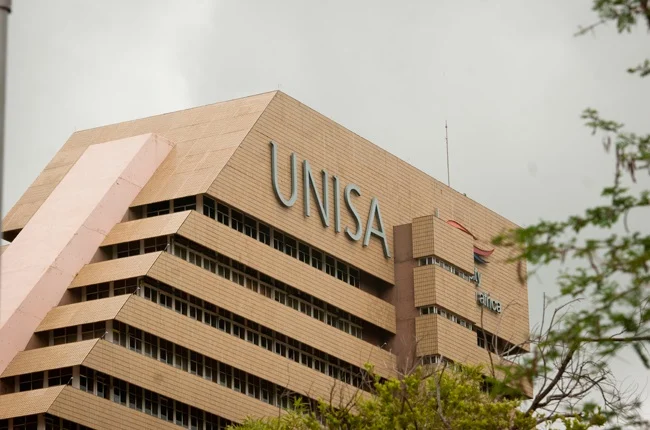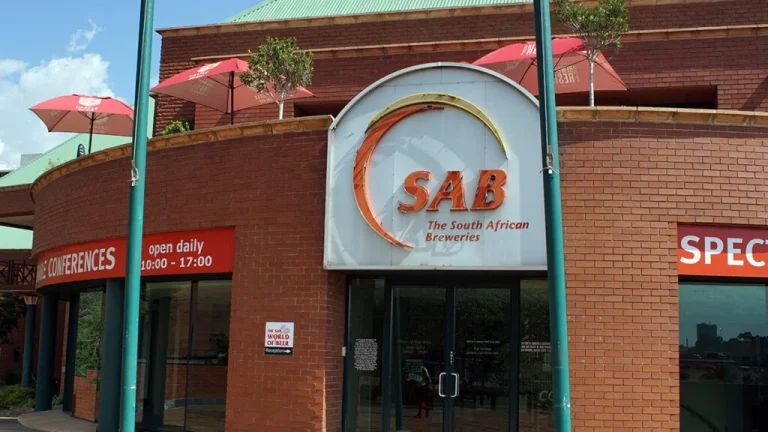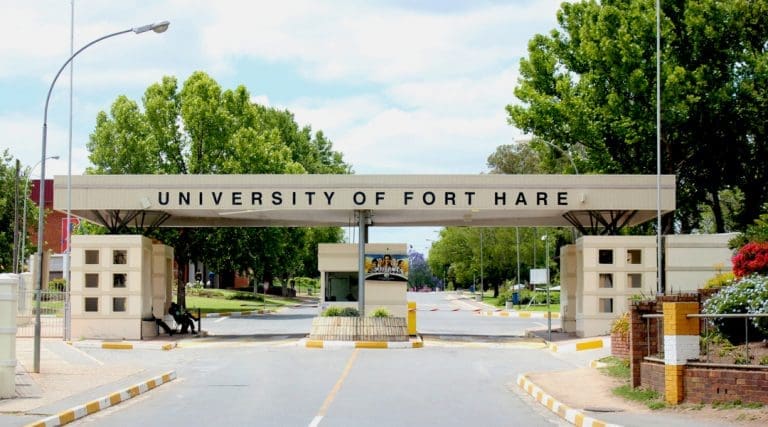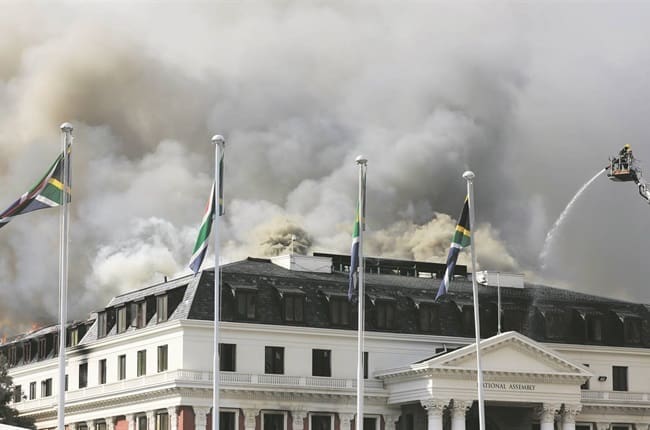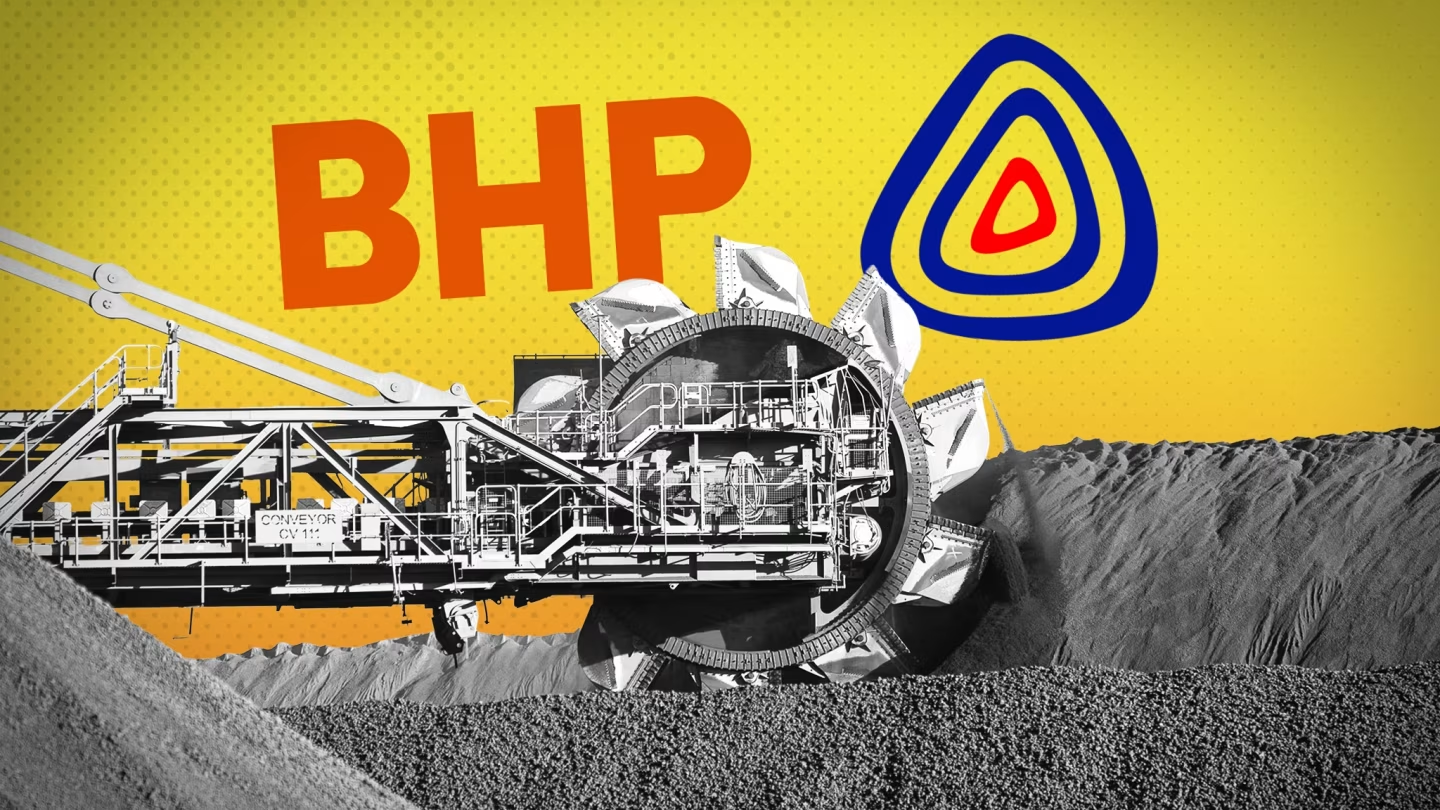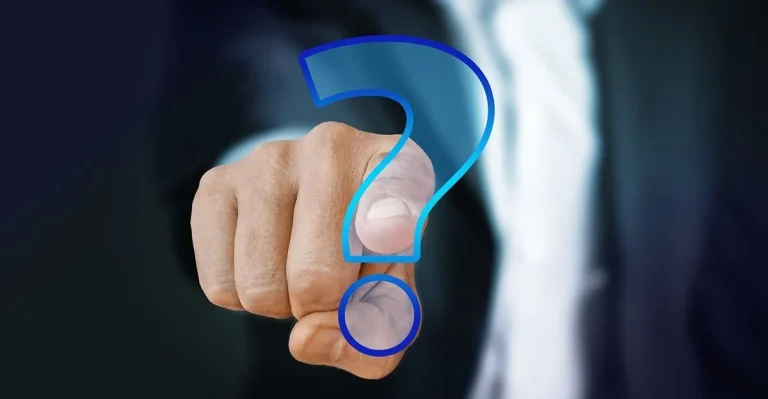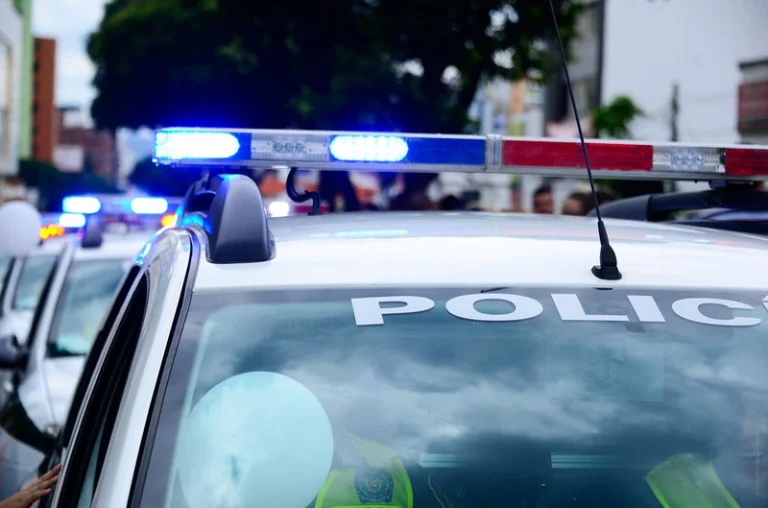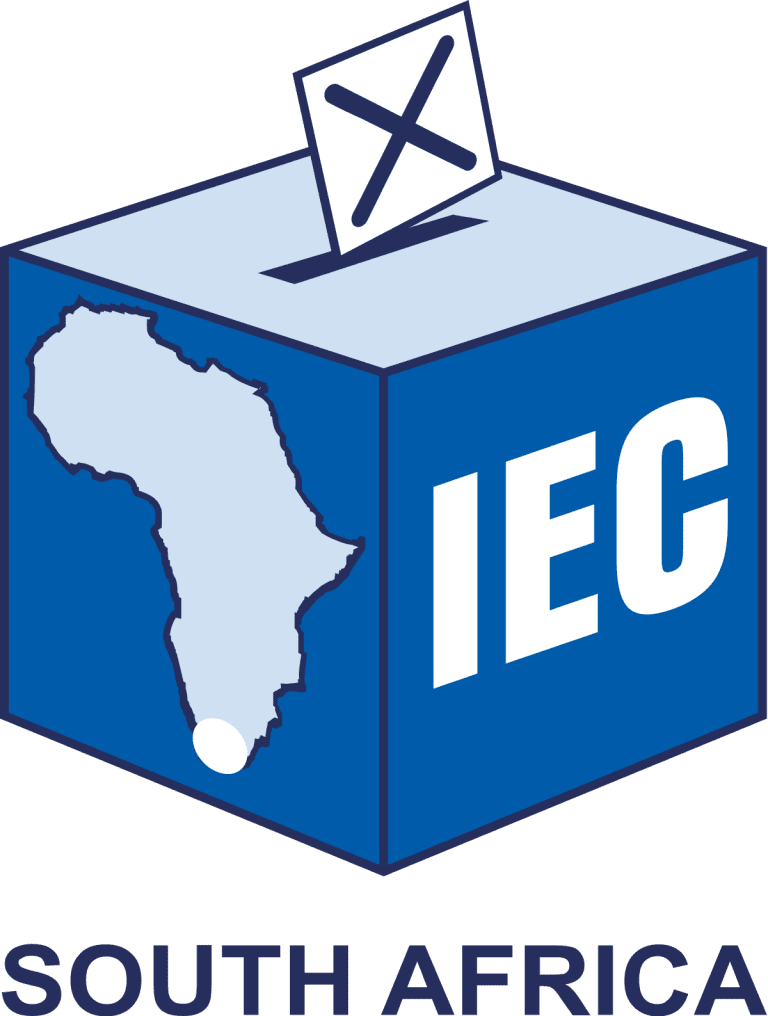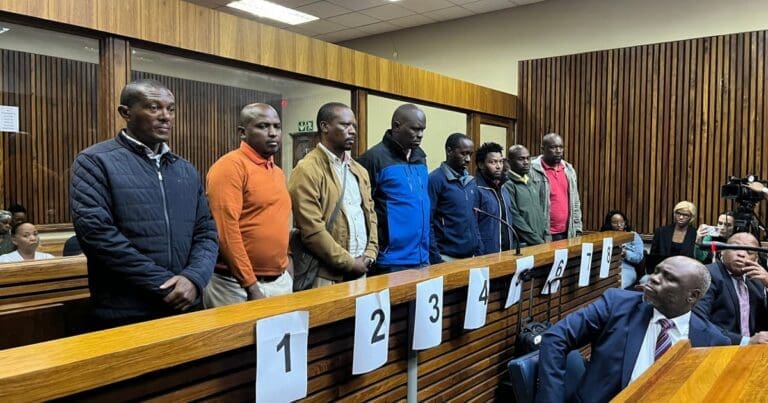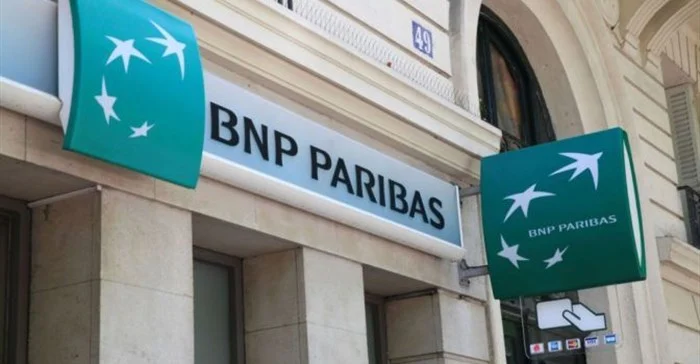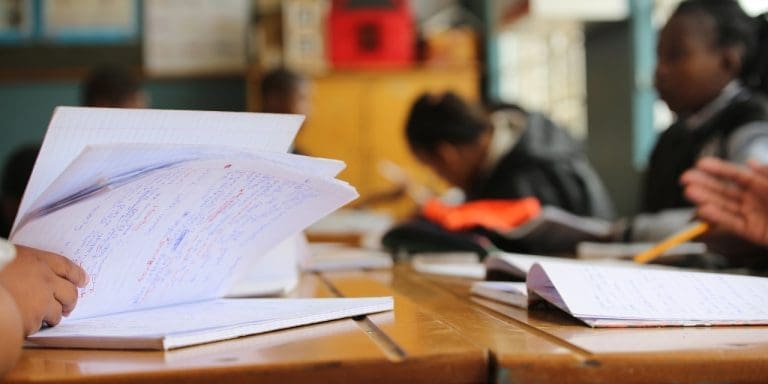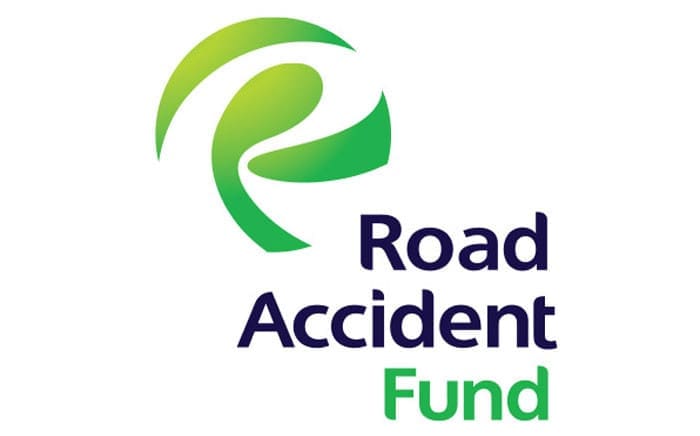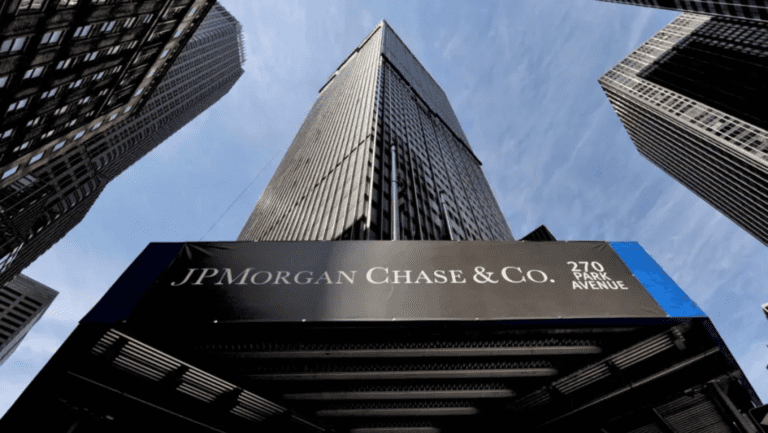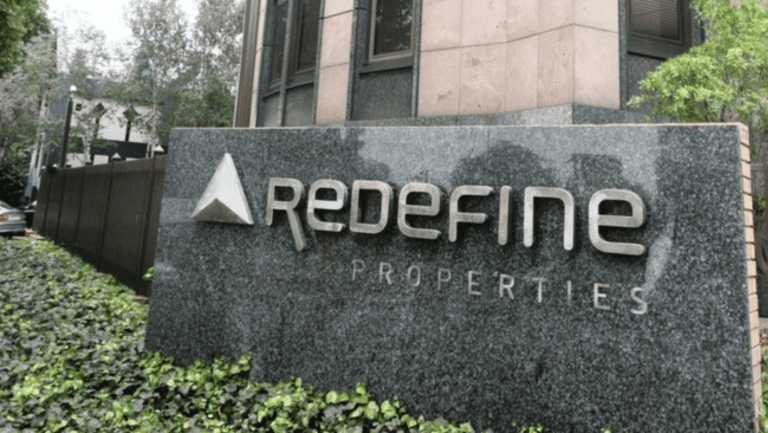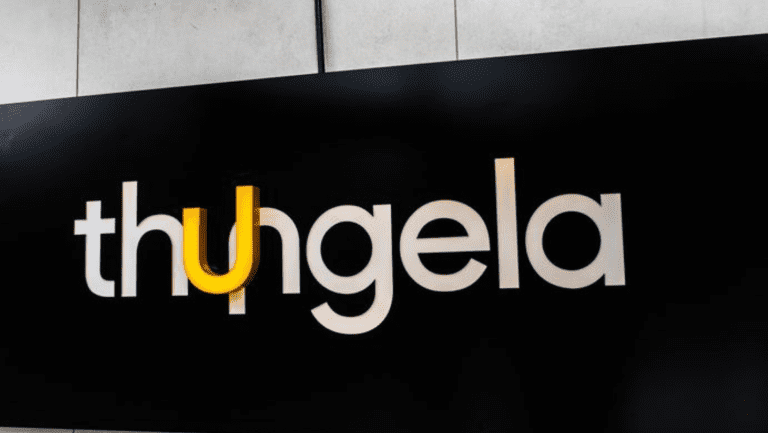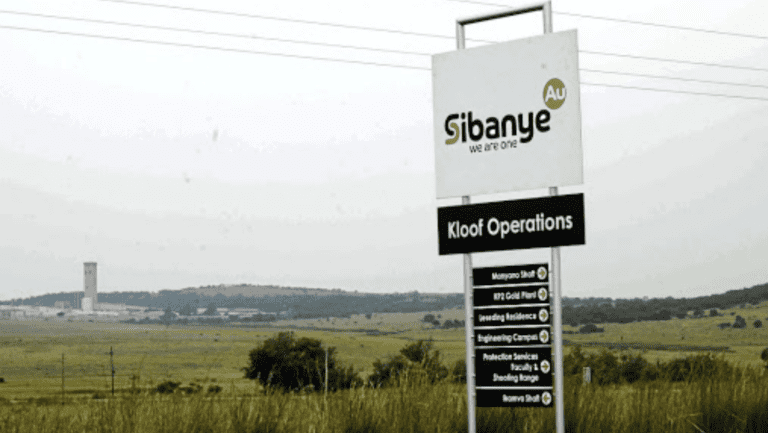In a significant development at the University of South Africa (UNISA), thousands of students find themselves under investigation for alleged plagiarism. The institution’s online monitoring system has flagged instances of potential copying and cheating during examinations. However, amidst these accusations, students have raised concerns about the efficacy of the university’s technological infrastructure, citing outdated systems and numerous glitches.
UNISA, known for its extensive online learning programs catering to a diverse student body across South Africa, has recently encountered a surge in plagiarism allegations. The university’s automated detection system, designed to identify instances of academic dishonesty, has detected a substantial number of questionable submissions.
The investigation has sparked widespread debate among students, faculty, and educational stakeholders. While academic integrity remains a cornerstone of UNISA’s educational ethos, students argue that the current technological framework is inadequate in addressing the complexities of online assessment.
One of the primary concerns voiced by students pertains to the reliability of the plagiarism detection system. Many claim that the system fails to distinguish between legitimate academic work and instances of unintentional similarity. Furthermore, students have reported experiencing technical glitches and inconsistencies in the system’s functionality, raising doubts about its accuracy and fairness.
In response to these criticisms, UNISA administration has acknowledged the challenges posed by the existing technological infrastructure. Dr. Thandiwe Mkhize, the university’s Vice Chancellor, emphasized the institution’s commitment to upholding academic standards while acknowledging the need for continuous improvement in digital learning tools.
“We recognize the concerns raised by students regarding the efficacy of our plagiarism detection system,” stated Dr. Mkhize. “As an institution dedicated to excellence in education, we are actively reviewing our technological resources to ensure fairness and accuracy in assessment processes.”
The controversy surrounding plagiarism allegations underscores broader issues facing South Africa’s higher education sector, particularly in the realm of online learning. With the increasing reliance on digital platforms for education delivery, universities face the challenge of balancing academic rigor with technological accessibility.
For many students, especially those from underserved communities or with limited access to reliable internet connectivity, navigating online learning environments can be daunting. The disparity in technological infrastructure across different regions exacerbates these challenges, highlighting the urgent need for investment in digital inclusivity initiatives.
Moreover, the prevalence of plagiarism allegations raises questions about the effectiveness of current pedagogical approaches in fostering genuine academic engagement and critical thinking among students. While technology offers unprecedented opportunities for learning innovation, it also presents new avenues for academic dishonesty, necessitating proactive measures to promote ethical scholarship.
In light of these complexities, UNISA’s investigation into plagiarism allegations serves as a catalyst for broader discussions on the future of education in South Africa. As the country strives to build a knowledge-based economy and empower its youth through education, addressing the multifaceted challenges of online learning remains paramount.
Moving forward, stakeholders within the education sector must collaborate to develop holistic strategies that integrate technological advancements with pedagogical best practices. By fostering a culture of academic integrity and leveraging innovative solutions, South African universities can ensure that online learning environments promote equitable access to quality education while upholding rigorous academic standards.
In conclusion, the investigation into plagiarism allegations at UNISA underscores the intersection of technological challenges and academic integrity in the digital age. As South Africa continues its journey towards educational transformation, it is imperative that institutions prioritize inclusive, ethical, and technologically robust approaches to learning and assessment. Only through concerted efforts can the promise of equitable education be realized for all South Africans.


